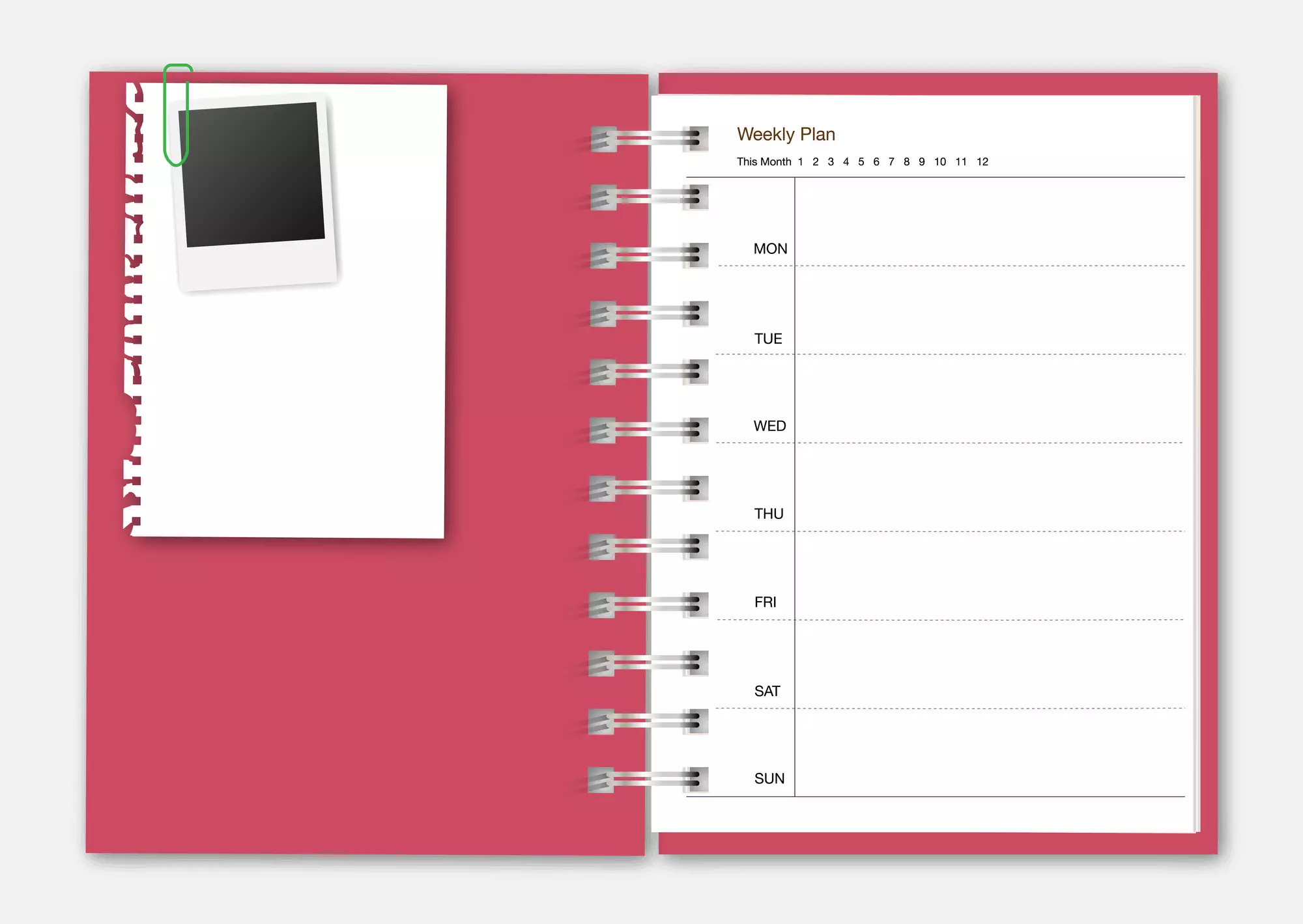Planning for the Week
Planning a week can feel like a lot of work, but it doesn’t have to be. You will stay organized, create unique well-thought out projects, and achieve your weekly outcomes. Getting into this habit will ensure your school year runs smooth.
First, by planning for a week at a time, you will be organized with the materials you need. This give you a change to grab supplies all at once, rather than stopping at the dollar store throughout the week. Cutting out evening errands can save you lots of time throughout the year. By knowing what you are planning to accomplish with your students during the week, you will find yourself with time to step away from planning during some late nights. When you notice that you are less stressed because your week is planned, you have time to brainstorm ideas for the next step in math, or your science unit.
Because you are organized with your ideas and materials for the week, you can start to think about where you’re going with your unit of study. When you have prep time, or after school, you’ll find yourself creating the next sample project, outline, and rubric. Throughout the week, you’ll gather your thoughts and have a start to the upcoming week’s projects. Near the end of the week, you will see what students have accomplished from the week’s schedule.
When planning your week, make sure to establish what you’d like to formally assess. What outcomes are you evaluating? Collect students’ work and assess their learning each week. Being intentional with outcomes will help you create purposeful activities. Meaningful lessons lead to achieving outcomes.
Create and plan your week ahead of time. You will stay on track, create well thought out projects and reach your weekly outcomes. Get into the habit of planning your week ahead of time for an easier school year.











Recent Comments